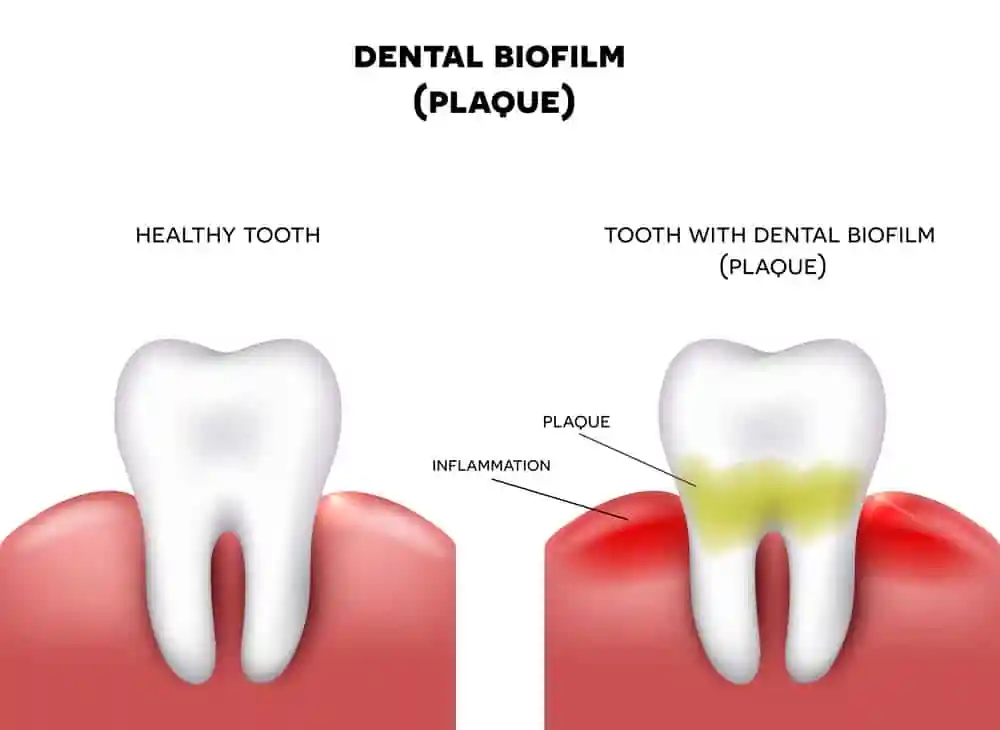
Plaque, a sticky, colorless film of bacteria, constantly forms on teeth. While it’s a natural occurrence, if left unaddressed, plaque buildup can lead to dental issues such as cavities, gum disease, and bad breath. Understanding the causes, effects, and preventive measures against plaque is essential for maintaining optimal oral health.
Causes of Plaque:
Plaque forms when bacteria in the mouth interact with sugars and starches from food, producing acids that attack tooth enamel. If not removed through proper oral hygiene practices, plaque hardens into tartar (calculus), which is more difficult to remove and harbors additional bacteria.
Effects on Oral Health:
The accumulation of plaque can lead to various dental problems. As plaque acids attack tooth enamel, they create cavities or decay. Additionally, plaque buildup along the gum line can cause inflammation, leading to gingivitis, an early stage of gum disease. If left untreated, gingivitis can progress to periodontitis, causing gum recession, bone loss, and ultimately tooth loss.
Preventive Measures:
Effective plaque prevention involves consistent oral care routines:
Tips for Effective Plaque Removal:
Conclusion:
Plaque is a common dental concern that, if left unmanaged, can lead to serious oral health issues. By adopting a diligent oral hygiene routine and seeking regular dental care at White Flint Dental Associates, individuals can effectively prevent plaque buildup, ensuring a healthy and vibrant smile.